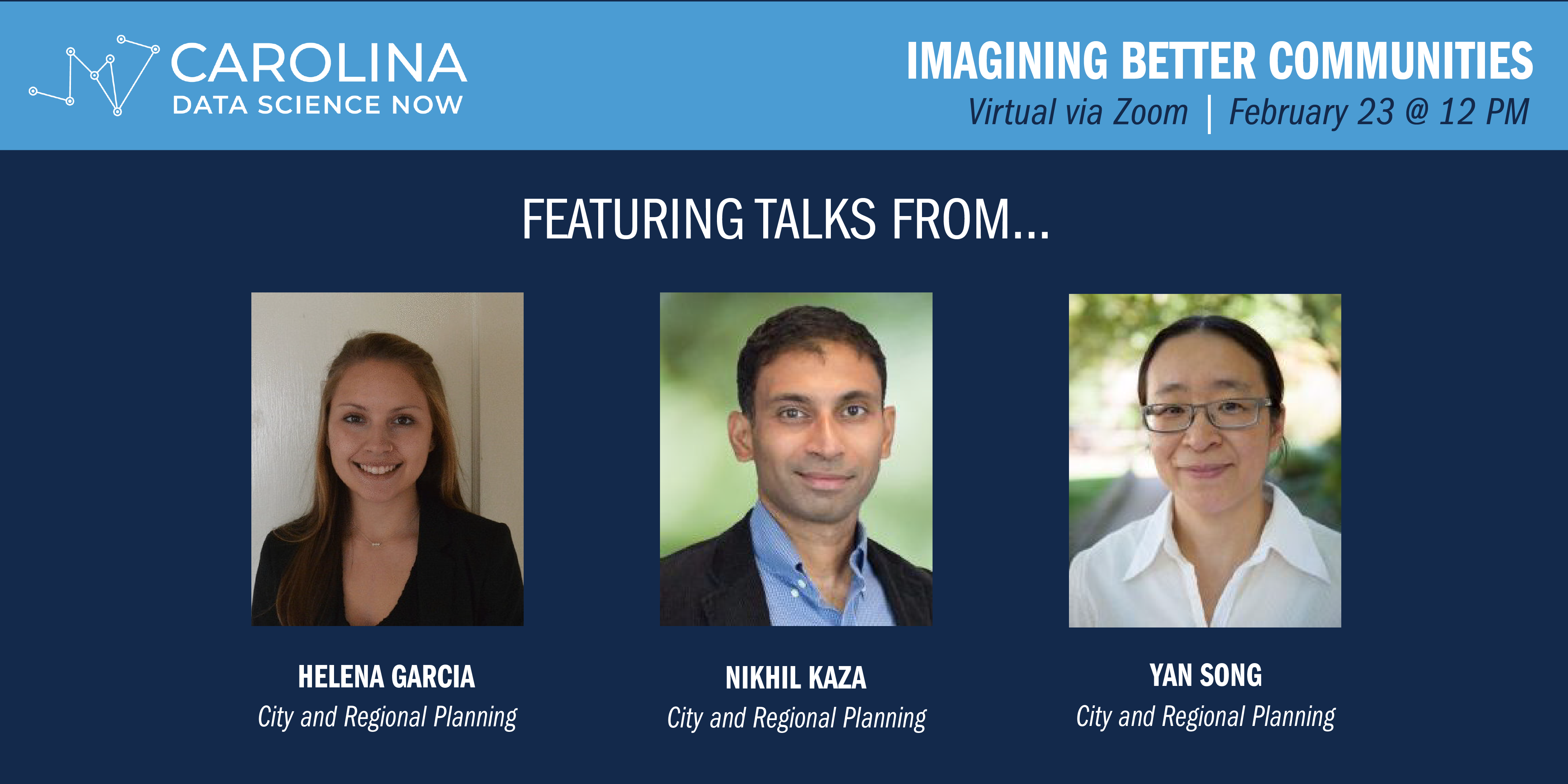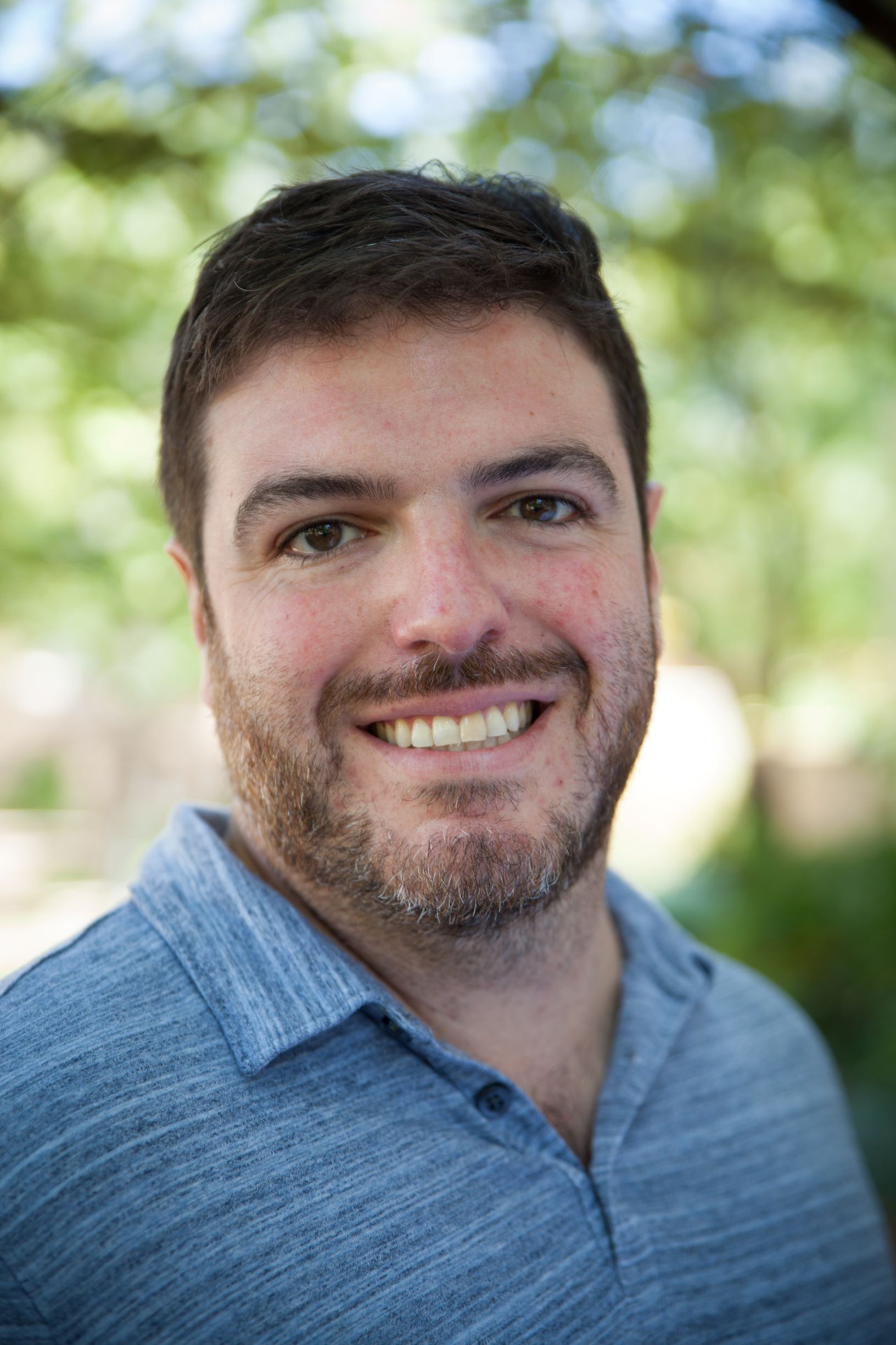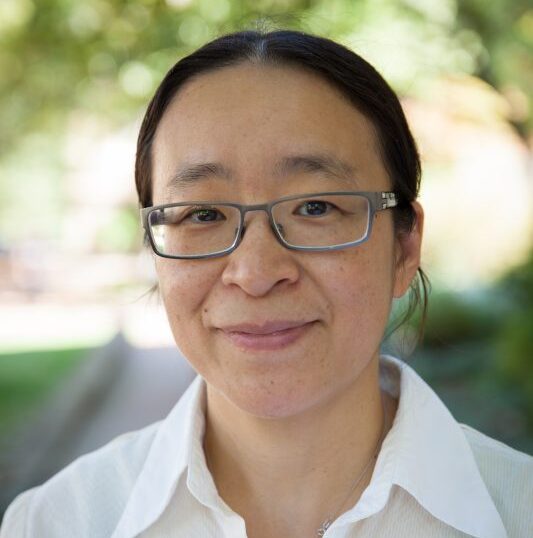
- This event has passed.
Imagining Better Communities | Carolina Data Science Now
February 23, 2023 @ 12:00 pm - 1:00 pm EST

We invite you to join us for our next Carolina Data Science Now seminar on February 23 at 12 PM ET. This month’s theme is “Imagining Better Communities.”
The event will feature three lightning talks by professors and researchers in UNC-Chapel Hill’s academic community, centered around how data science is used to manage, conserve and restore natural systems, while ensuring sustainable urban development. These talks will be followed by a guided panel, an opportunity for questions and answers with the speakers, and a discussion with the data science community at UNC-Chapel Hill.
Register Here
Meet the Moderator
Todd BenDor
Director, Odum Institute; Distinguished Professor of Sustainable Community Design, Department of City and Regional Planning and the UNC Institute for the Environment
Dr. Todd BenDor is the Director of the Odum Institute. He is also the Distinguished Professor of Sustainable Community Design in the Department of City and Regional Planning and the UNC Institute for the Environment. Dr. BenDor’s research and teaching focus on improving our understanding of the impacts that human activities and development can have on sensitive ecological and environmental systems. Dr. BenDor previously participated in Carolina Data Science Now as a speaker for our July 2022 event. View his presentation here.
Speakers:
Our speakers for this month are as follows:
-
Helena Garcia
PhD student, Department of City and Regional Planning; Specialization: Land Use and Environmental Planning
Helena is a 2nd year PhD student in the Environment, Ecology and Energy Program at UNC. Her research focuses on modeling past flood events in North Carolina and investigating the social outcomes of repetitive flood exposure over time. She is co-advised by professors in the Planning and Earth Marine and Environmental Sciences departments.
-
Nikhil Kaza
Professor, Department of City and Regional Planning; Specialization: Land Use and Environmental Planning; Director of Center for Urban and Regional Studies (CURS)
Dr. Kaza works at the intersection of urbanization patterns, local energy policy, and equity. He takes an interdisciplinary approach to studying how institutional innovations help or hinder cities, how organizations achieve their energy and environmental goals, and how these innovations might have a differential impact on different groups. Lately, he has been wrangling large spatial and non-spatial datasets to better understand how urban systems and institutions co-evolve in different parts of the world.
His larger intellectual project is to strengthen the foundational justifications of planning. Understanding how, when, and why multiple agents endowed with distributed authority, capabilities, and limited foresight plan challenges the conventional wisdom that plans are blueprints of the future made by governments. In urban settings, these agents are governments, private firms, organizations, coalitions, and ephemeral groups. We can only understand the efficacy of planning in the networks of mutual commitments of these agents.
Other hallmarks of his research program are the use of large datasets and cheap computational power to explore salient questions associated with urban systems. For example, he has developed an urban growth pattern monitoring program for all of the conterminous United States using LandSat satellite imagery. Using high resolution employment and transportation datasets, he also examines the relationship between economic opportunity, travel accessibility, and environmental impacts. He is currently developing machine learning algorithms to identify and characterize irregular settlements in India using high-resolution satellite imagery. A recent collaboration with private sector partners and colleagues at other universities examines how to create water conservation programs using high-resolution (temporal) data from smart meters. These projects directly feed into a critical examination of the “smart city” concept.
Dr. Kaza’s interdisciplinary training in architecture, mathematics, and planning allows him to enjoy fruitful collaborations with researchers from different fields, including economics, computer science, civil engineering, geography, and political science. His research is supported by the National Science Foundation, the Department of Defense, the Environmental Protection Agency, the Institute for Market Transformation, World Bank, the Urban Institute, and Omidiyar Network, among others. He joined UNC-Chapel Hill’s Department of City and Regional Planning in 2009 after doing post-doctoral training at the University of Maryland and earning a Ph.D. from the University of Illinois.
In addition to his work, he enjoys rock climbing, squash, skiing, and mountain biking. The Triangle area provides excellent opportunities to pursue most of these interests.
-
Yan Song
Professor, Department of City and Regional Planning; Specialization: Land Use and Environmental Planning; Director of Program on Chinese Cities
Dr. Yan Song’s research interests include low carbon and green cities, plan evaluation, land use development and regulations, spatial analysis of urban spatial structure and urban form, land use and transportation integration, and how to accommodate research in the above fields by using planning supporting systems, such as GIS and other computer-aided planning tools.
Dr. Song’s current research projects address domestic and international issues in the areas of impetus of urbanization and urban growth, tools of low carbon and green city developments, efficacy of land and housing markets, effects of urban growth management regulations, and integration of urban land use and transportation plans. Song’s current research projects also document the evolution of China’s urban land and housing policies and urban spatial structure in the era of China’s transition toward a market economy. She directs the Program on Chinese Cities (PCC), a new initiative within DCRP and the Center for Urban & Regional Studies at the University of North Carolina at Chapel Hill. PCC conducts research and training aimed at better understanding the impacts of rapid urban growth on China’s built and natural environments and explores ways to make this process more equitable, transparent, and socially and ecologically sustainable. Dr. Song’s research projects have been supported by the U.S. National Science Foundation, U.S. Environmental Protection Agency, U.S. Department of Housing and Urban Development, and Lincoln Institute of Land Policy.
Dr. Song has served as a Research Affiliate at the National Center for Smart Growth at the University of Maryland and a Faculty Fellow at the Lincoln Institute of Land Policy. She has also served as a consultant on urban planning for the city government of Shenzhen, and a consultant on land use and transportation integration for Beijing Municipal Institute of City Planning and Design in China.
Click below to register for the session now.
Register Here
You can also sign up for our newsletter for more updates about Carolina Data Science Now and other data science opportunities.


